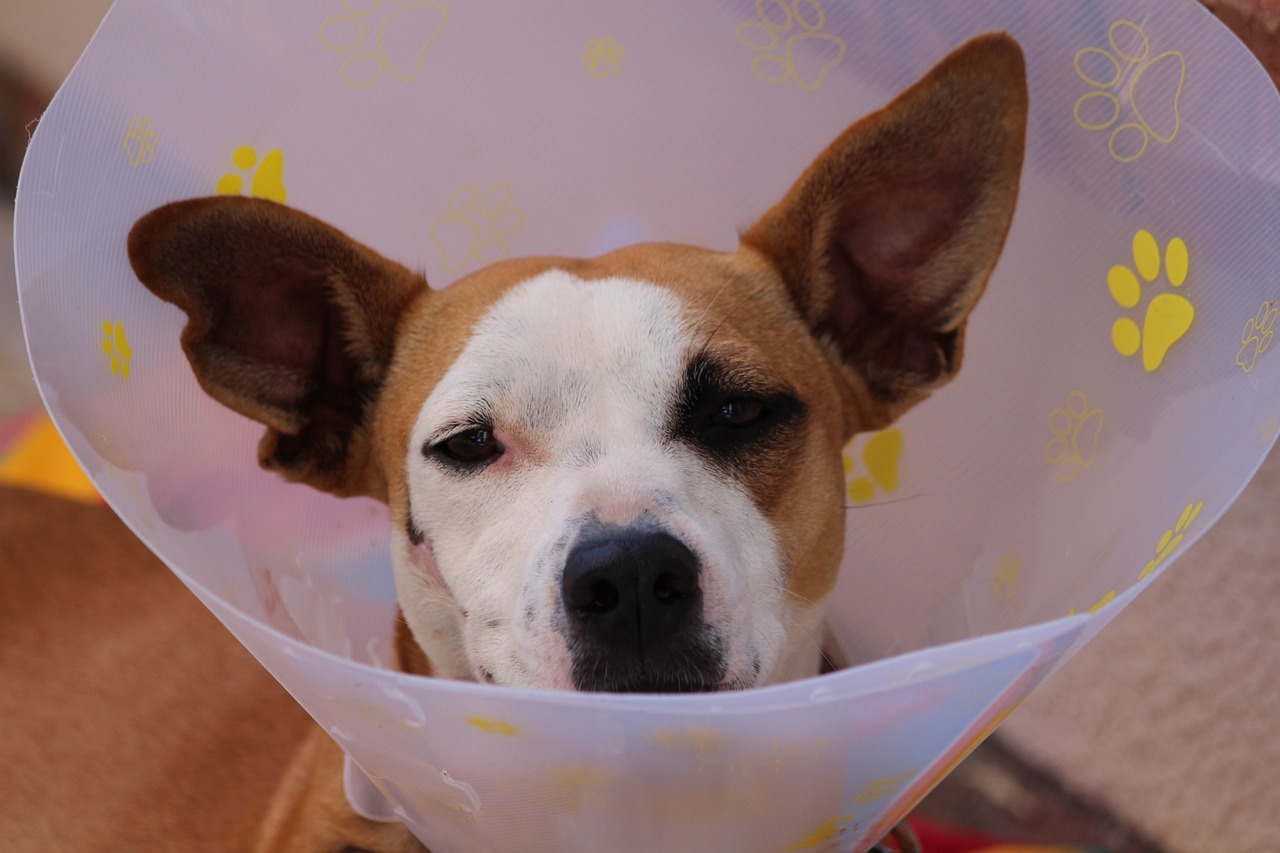FERGUS – Welcoming a new puppy into your home can be an exciting experience filled with joy and companionship.
As you prepare for your new furry friend it is important to consider their health and well-being, especially when socializing your new puppy with other dogs, as unvaccinated puppies are much more susceptible to viruses such as the highly contagious parvovirus.
Canine parvovirus attacks the lining of the small intestine as well as bone marrow and, in some cases, the heart.
Damage to the intestinal lining can become so severe that it may take several days for the stomach to regain digestive functions and water balance.
Damage to bone marrow compromises a dog’s ability to fight off the virus as it minimizes the body’s ability to create white blood cells.
“It’s a virus that is ubiquitous in the environment, meaning it’s there everywhere all over the world,” said Dr. Shannan Noorlander, co-owner and veterinarian at Animal Hospital of North Fergus.
“It’s difficult to treat; often animals need to be kept in intensive care.”
While dogs of any age can contract parvovirus, it is most commonly found in unvaccinated or partially vaccinated puppies.
“It tends to be mostly thought of in puppies,” Noorlander said. “Because that’s often who we will see get infected and have the worst outcomes.”
Canine parvovirus is highly contagious and can survive for up to two years in the environment, Noorlander told the Advertiser.
The virus has a 50 per cent fatality rate and can withstand routine cleaning and weather changes, making it hard to control.
Parvovirus is transferred via the feces of an infected animal and can be easily transferred from the paws of other dogs, shoes, leashes, bedding, and other items contaminated with the virus. Dogs can also contract the virus from sniffing other dogs’ feces when on walks or at the dog park.
“It (parvovirus) causes hemorrhagic diarrhea (blood in the stool) and copious amounts of fluid loss through diarrhea and vomiting,” Noorlander said.
“Infected animals will typically need to be on [intravenous) fluids and antibiotics and a lot of supportive care. Sometimes they even need blood transfusions or plasma transfusions.”
Other symptoms of parvovirus include loss of appetite, lethargy, abdominal pain and bloating, and changing body temperatures, such as fever or low temperature.
“We can do a test for it; usually we just need to do a rectal swab, and we test their feces for it,” said Noorlander.
“If they test positive then typically they need to be hospitalized and we start taking action.”
She added, “They need to be isolated because it is incredibly contagious and highly infective so everybody kind of gets worked up if a parvo case comes in, making sure we are containing it and not spreading it throughout the hospital.”
Veterinarians treating dogs infected with the parvovirus are required to wear a gown, gloves, shoe covers and make use of a footbath when going in and out of the quarantine zone.
While Noorlander said she hasn’t seen many cases locally, she urges dog owners to keep up to date on vaccines and to seek veterinary care at the first signs of concern.
“If your puppy is doing well, eating and drinking and happy and then they start to not play as much, get sleepy, and have persistent diarrhea, I would recommend getting them checked right away,” she said.




